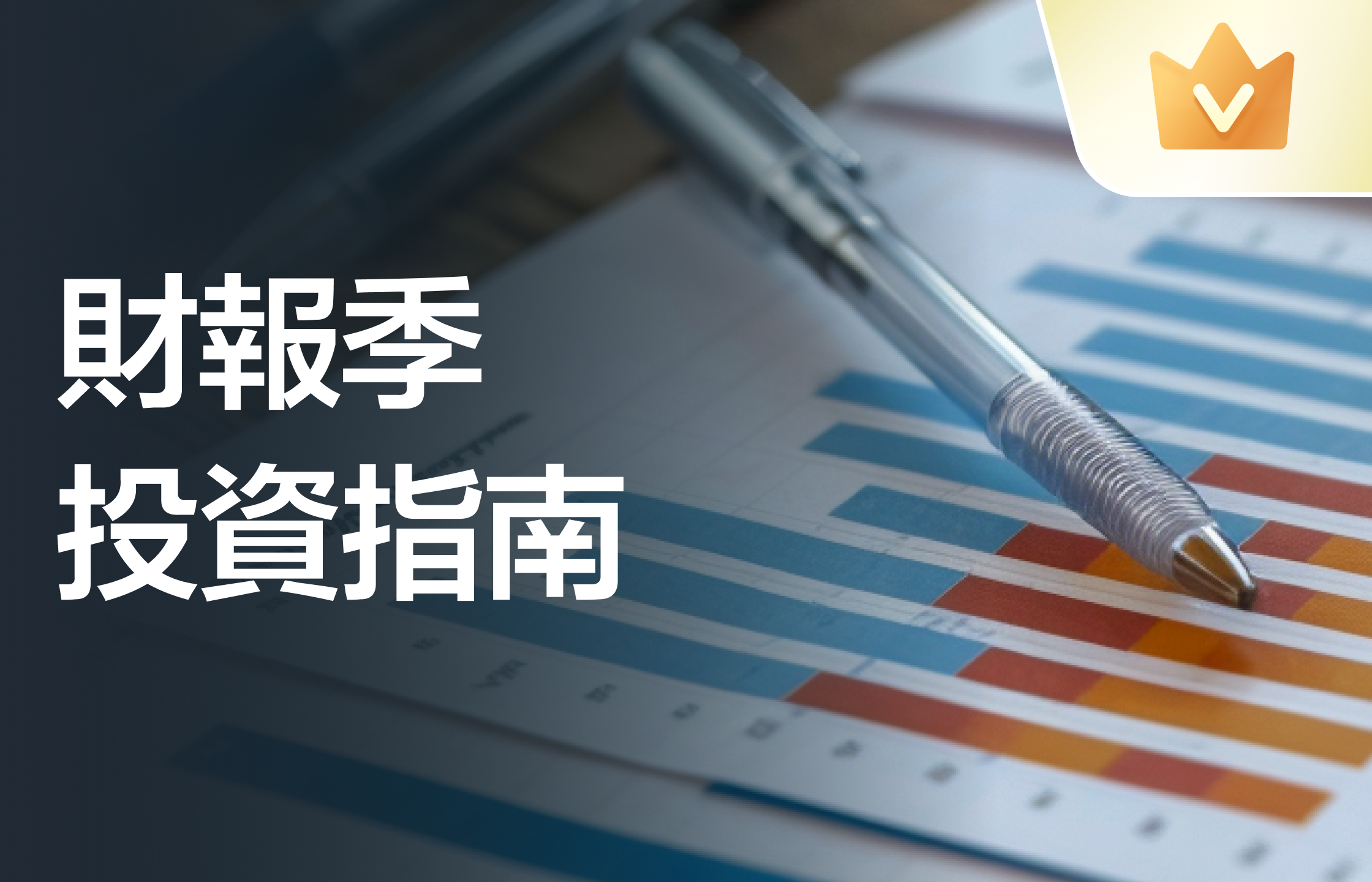Gen Z's Prefer Renting Than Owning, New Trends In Malaysia's Property Market
Gen Z's Prefer Renting Than Owning, New Trends In Malaysia's Property Market
Malaysia's Generation Z, born between 1995 and 2005, is increasingly transitioning from renting to homeownership, according to data released today by property giant IQI, a member of global proptech company Juwai IQI.
根據全球房地產科技公司Juwai IQI的成員之一物業巨頭IQI今天發佈的數據顯示,馬來西亞出生於1995年至2005年之間的Z世代越來越多地從租房過渡到擁有房產。
Juwai IQI Co-Founder and Group CEO Kashif Ansari highlighted the significance of this shift, noting that homeownership is a crucial step for Generation Z in securing their financial future. "Over the past two years, Generation Z's share of home purchases has risen from 17% to 26%. While they still lag behind Generation Y, who account for 50% of purchases, the trend indicates that Gen Z is following a similar path as previous generations, moving from renting to owning as they come of age," Ansari explained.
Juwai IQI聯合創始人兼集團CEO Kashif Ansari強調了這種轉變的重要性,指出擁有房產對於「Z世代」在保障其財務未來方面是至關重要的一步。Ansari解釋道:「在過去的兩年中,『Z世代』在購房中所佔的比例已從17%上升至26%。雖然他們仍落後於佔購房市場份額50%的『Y世代』,但這一趨勢表明,『Z世代』正在沿着前幾代人的軌跡前進,從租賃到擁有。」

In 2019, when the oldest members of Generation Z were just 24 years old, they accounted for only 3% of home purchases. Today, their presence in the real estate market has grown significantly, with 26% of all purchases attributed to them. To match the homeownership rates of previous generations, Generation Z will need to increase their share of purchases to around 60% in the coming years.
2019年,『Z世代』中年齡最長的人只有24歲,他們只佔了房屋購買市場的3%。如今,他們在房地產市場中的份額已經顯著增長,所有購房的26%被歸因於他們。爲了與前幾代人的房屋所有權率相匹配,『Z世代』將需要在未來幾年將其購房比例增加到60%左右。

Despite their current tendency to rent, Ansari emphasised the importance of transitioning to homeownership for financial stability. "While it's natural for younger individuals to start with rentals, it's crucial that Generation Z begins moving towards owning their homes to build wealth and benefit from property appreciation," he said.
儘管『Z世代』目前傾向於租房,但Ansari強調了向擁有房產的轉變對於保持財務穩定的重要性。他說:「儘管年輕人從租賃開始很自然,但『Z世代』開始轉向擁有自己的家園以建立財富並從房產升值中受益是至關重要的。」
Over the past decade, property ownership has proven to be a lucrative investment in Malaysia. The median homeowner has seen the value of their home increase by RM136,716, with those holding a mortgage earning a median return of 66% on their investment.
在過去的十年中,房產所有權已被證明是馬來西亞的一種利潤豐厚的投資。擁有房屋的中位數業主看到了他們的房屋價值增長了RM136,716,持有抵押貸款的人在他們的投資上獲得了66%的中位數回報。
As one of Malaysia's largest demographic groups, making up a quarter of the population, Generation Z is expected to play a vital role in driving the nation's economy.
作爲馬來西亞最大的人口群體之一,佔據了四分之一的人口,『Z世代』預計將在推動該國經濟方面發揮至關重要的作用。

With their youth, education, and international mindset, they are poised to contribute significantly to economic growth, business development, and tax revenue in the years ahead.
憑藉他們的年輕、教育和國際化思維,『Z世代』有望在未來多年中爲經濟增長、業務發展和稅收收入做出重要貢獻。
Ansari estimated that each member of Generation Z will earn RM1.6 million over their lifetime, collectively adding RM13.4 trillion to the economy through personal earnings. This projection is based on the current median formal wage of RM2,645 per month over a 50-year career, not accounting for potential future wage growth.
Ansari估計,『Z世代』中的每個成員將在其一生中賺取RM1.6百萬,通過個人收入共計爲經濟增加了RM13.4兆。這個預測基於目前的中位數月薪RM2,645的50年職業生涯,不考慮未來可能的工資增長。
As Generation Z continues to age, their impact on the housing market and broader economy is expected to grow, further solidifying their importance in Malaysia's economic landscape.
隨着『Z世代』的年齡增長,他們對住房市場和更廣泛的經濟的影響預計將增加,進一步鞏固他們在馬來西亞經濟格局中的重要性。
譯文內容由第三人軟體翻譯。

 Despite their current tendency to rent, Ansari emphasised the importance of transitioning to homeownership for financial stability. "While it's natural for younger individuals to start with rentals, it's crucial that Generation Z begins moving towards owning their homes to build wealth and benefit from property appreciation," he said.
Despite their current tendency to rent, Ansari emphasised the importance of transitioning to homeownership for financial stability. "While it's natural for younger individuals to start with rentals, it's crucial that Generation Z begins moving towards owning their homes to build wealth and benefit from property appreciation," he said.